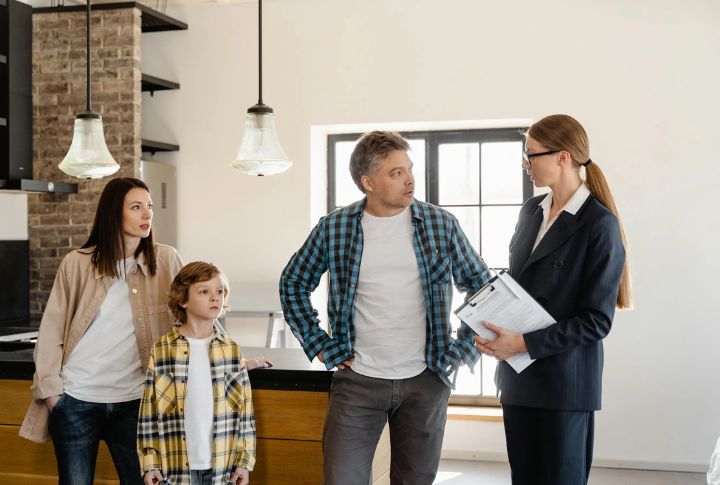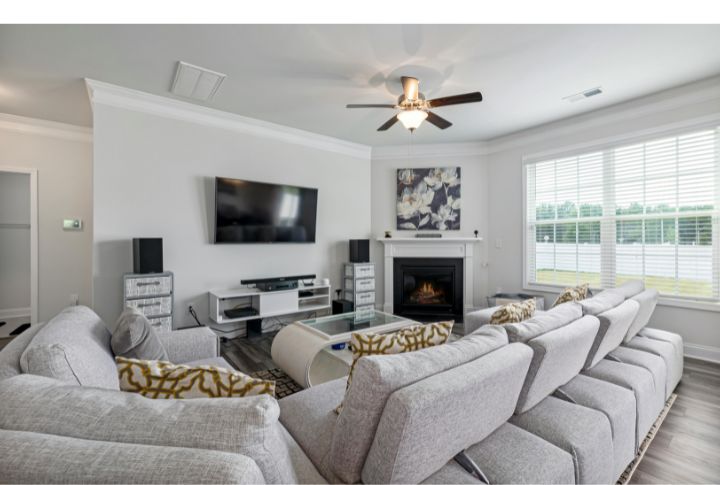
Buyers decide fast, sometimes before stepping through the door. What keeps them curious isn’t charm alone but how it makes them feel. Subtle details send strong signals, and many won’t wait around to figure out why a space feels off. Spot these 10 missteps early, and you’ll hold their attention long enough to win them over.
Clutter Makes Rooms Feel Smaller

Many buyers can’t imagine living in a space where they’re too busy stepping over random items. Clutter is both visual and emotional noise, but well-arranged furniture and breathing room create possibilities. A tidy space suggests peace, and peace of mind has real staying power.
Personal Decor Distracts Buyers

They may not say it out loud, but they think it: “This feels like someone else’s life.” Personalized artwork, intense colors, and unique themes can overwhelm them. Instead of trying to command attention, try to keep things subtle. People engage longer when they aren’t forced to translate style.
Outdated Kitchens Deter Buyers

What you call “vintage” is what they often label “a project.” The kitchen has a strange way of defining the entire home’s readiness. Even minor upgrades like a changed fixture can shift perception. Not all buyers need modern luxury, but they need to feel confident in what’s next.
Unpleasant Odors Repel Visitors

The scent you’ve grown nose-blind to might be what drives someone out the door. A home doesn’t have to smell like flowers, but it should never leave buyers guessing. Clean air and a nice smell suggest order and invite trust, whether consciously or not.
Poor Lighting Diminishes The Appeal

Without enough light, even the best details lose meaning. Shadows can flatten a space and deaden its energy. Where natural light falls short, let thoughtful lighting take over. A well-lit room encourages more inspection and convinces potential buyers about the space.
Neglected Curb Appeal Discourages Interest

They don’t have to step inside to lose interest. An untended lawn or sagging porch frames the entire experience. Buyers connect exterior care with what they expect behind the front door. Set the tone early and let your entrance speak with quiet pride.
Overpricing Limits Buyer Engagement

Overprice, and you won’t just lose offers but also attention. When buyers scroll past overpriced listings, they don’t reevaluate. There’s an unspoken contract when the tag fits the experience. That balance creates trust before anyone steps inside. Get it right, and the right buyers will stay longer.
Inflexible Showing Schedules Hinder Opportunities

How many chances do you want to be seen? Keeping tight windows and limited access suggests the seller may not be serious. Life doesn’t pause for listings. The more open your calendar, the more feet cross your threshold. Sometimes, flexibility is the most potent form of presentation.
Visible Damage Raises Concerns

It starts with a flicker of doubt. A cracked switch plate or a sticking drawer becomes a red flag when buyers imagine what else might be wrong. They don’t want a guessing game. Show them you’ve handled the little things, and they’ll believe in the big ones.
Over-Staging Feels Inauthentic

A home isn’t a showroom, and buyers can feel the difference. When a space feels too polished, it reads as artificial. The best impression often comes from something quiet: a soft chair, a real stack of books angled toward the light. Most people relate more to normalcy.

